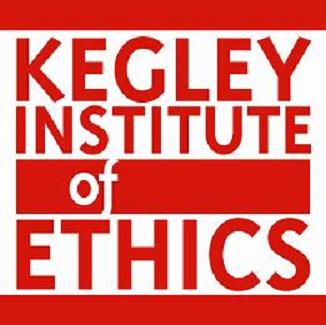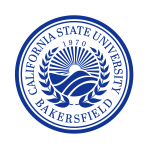Sharing Philosophy and Civic Dialogue with High School Students
Submitted by 2023-24 KIE Valley Strong Student Fellow, Carmen Tomshack
It was a brisk January day in Cambridge and a flurry of powder began to fall. The students and academic advisors that were meeting in the Harvard Safra Center for Ethics to discuss free speech climates within U.S. educational institutions rushed out to share a breather with the snow. I had been a part of this cohort, called the Intercollegiate Civil Disagreement Program (ICDP), for two years and as a student fellow, I participated in paradigm-changing conversations about polarized topics, like gun laws and abortion. I also learned how to facilitate dialogue across differences and co-conducted internal research to further develop the program. My experience in the ICDP had been transformative. I wanted to find a way to share these skills and the equally beneficial Philosophy for Children (P4C) skills that I had simultaneously learned.
In Dr. Senem Saner’s P4C courses at CSUB, students learn how to facilitate philosophical dialogue with an elementary school classroom and with lessons plans that utilize children’s books. My experience in P4C gave me an opportunity to expand my ICDP skills. I had practice holding conversations with diverse views and learned creative ways to teach and pass on dialogue skills. Additionally, my growth as a philosophy student helped me realize how foundational philosophical thought is in legislation. Thinkers like John Locke and René Descartes have been foundational in various disciplines and legislative origins. In this way, since legislation affects what people can do in everyday life, philosophy has practical, if not prime, importance and application.
My vision for my 2023-2024 KIE Valley Strong Fellowship project was to bring these realizations I had about philosophy and polarized dialogue together into two workshops. Through my advisor, Dr. Kallee McCullough, I obtained the opportunity to teach Mr. Mark Thoennes’s class at Vista West Continuation High School. I planned the first workshop to reflect more of a P4C session in which I modeled and helped students to ask follow-up questions that elucidated how they understood core concepts, like ideas of what crime is. I asked, “Is it okay to steal something to survive?” to get the class discussing and learning how people come to have the reasons they do for the claims they make.
The second workshop was more of a civil disagreement session. Students were presented with a news article and blurb about drug decriminalization in Portugal. One difference I noticed between these programs was that in ICDP the conversation remained about specific situations, whereas in P4C, the dialogue moved from reality to abstract and foundational concepts. Nevertheless, both workshops were successful because the skills I learned in both programs significantly complemented each other. In the end, the class shared that they had learned helpful dialogue skills and a new way to engage with different views. Additionally, they learned to respond by clearly stating another’s name and whether they agreed or not before answering. In conclusion, these workshops and fellowships gave me valuable experiences that transformed me as a student, while being an example and of service to other students.





